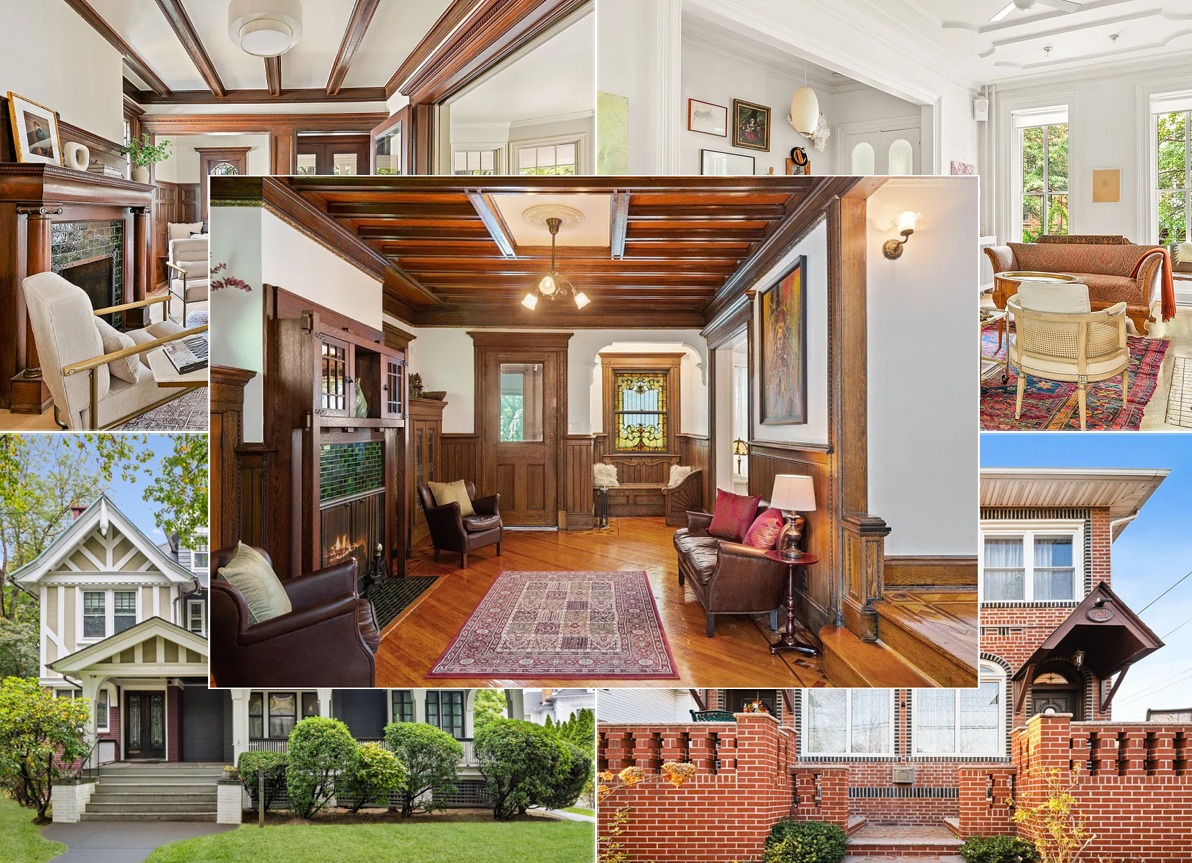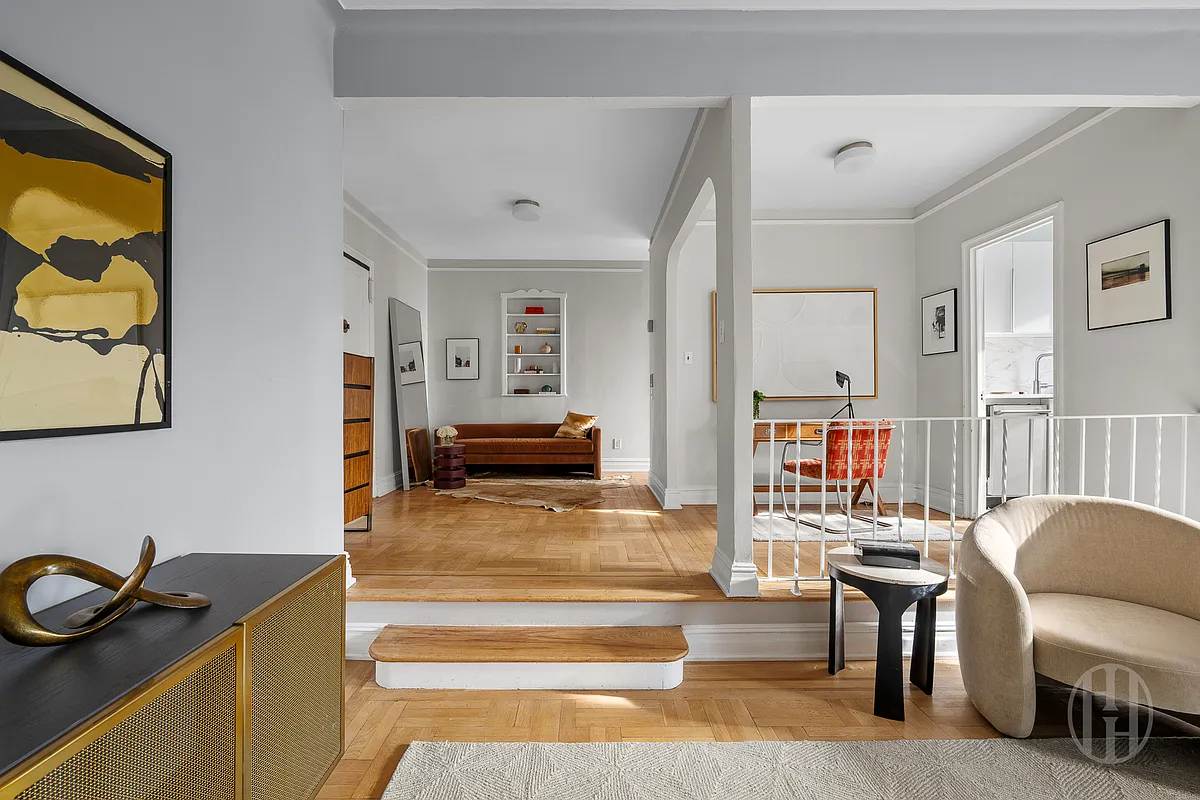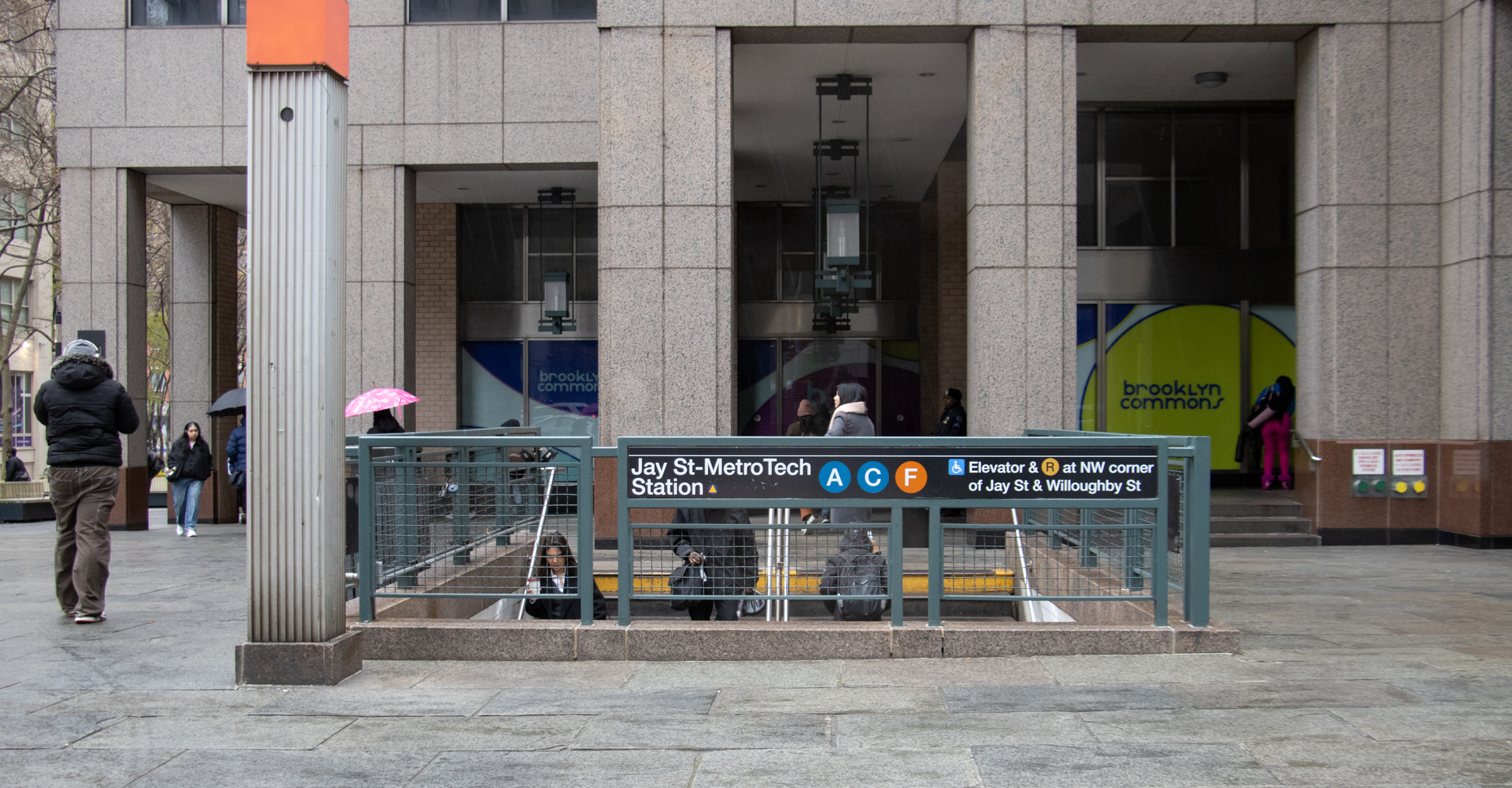Herd About the Housing Bubble?
Yesterday econ/real estate guru Robert Schiller penned an article for the Times examining why Greenspan, market experts and individual investors didn’t see warning signs of the disastrous housing bubble: The failure to recognize the housing bubble is the core reason for the collapsing house of cards we are seeing in financial markets in the United…

 Yesterday econ/real estate guru Robert Schiller penned an article for the Times examining why Greenspan, market experts and individual investors didn’t see warning signs of the disastrous housing bubble:
Yesterday econ/real estate guru Robert Schiller penned an article for the Times examining why Greenspan, market experts and individual investors didn’t see warning signs of the disastrous housing bubble:
The failure to recognize the housing bubble is the core reason for the collapsing house of cards we are seeing in financial markets in the United States and around the world. If people do not see any risk, and see only the prospect of outsized investment returns, they will pursue those returns with disregard for the risks. Were all these people stupid? It can’t be. We have to consider the possibility that perfectly rational people can get caught up in a bubble.
Schiller concludes that the lack of foresight about the bubble has to do with “herd behavior” and “information cascade,” whereby rational investors’ individual decisions add up based on incomplete info. The phenomenon helps explain why an entire nation would be under the thrall of the notion that housing=a great investment. A cascade is possible when a whole country buys into the same belief despite individual analysis that refutes prevailing wisdom. The result? Rising prices and a big bad bubble. So what’s next? “It is now possible that a downward cascade will develop — in which rational individuals become excessively pessimistic as they see others bidding down home prices to abnormally low levels,” writes Schiller.
How a Bubble Stayed Under the Radar [NY Times]
Collage by Amy Jaz.





2 types on this site: 1. people like the What who like to egg others on by writing inflamatory things and to amuse themselves due to 2. people with enough spare time and gullibility to take them (both 1&2) seriously
You don’t need a complete meltdown of our economy and way of life. As you must know, since it’s been pointed out on these boards myriad times in the past six months, RE prices in NYC — not just the NY metro area, but the city itself — fell roughly 40% in inflation-adjusted terms between 1987 and 1993. It took many people who bought in 1987 six to seven years just to get back to even. There was no complete meltdown in the city — people kept living and making lots of money, but the value of RE plummeted. So it not only can happen here, but it did happen here less than twenty years ago. And the run-up in NY housing prices in the 1980s, while sharp, was much less extreme than the run-up in housing prices between 2002 and 2007. That suggests the fall could be sharper or more long-lasting.
Again, if you bought in 2003 or 2004, you’ve got nothing to worry about (unless you’ve been using your home equity as an ATM). You’re up 150%+ on your investment, and even if home prices do fall from here, you’ll still have trumped pretty much any investment out there. But that says nothing about whether it makes sense to buy now (or if it made sense to buy in 2006-2007).
As for the guy who thinks that he’s seen “more sales than a few months ago at higher prices,” it is time for you to get LASIK.
Biff-there’s a huge diffrence between a comment and a paragraph… you do know this right?
Talking about the burbs on a blog about Brownstone Brooklyn makes you seem like a total moron.
If you’d rather be there, please go and leave us alone.
And stop commenting here.
Purchases in prime suburbs like Mont Clair in NJ and some West Chester county are still seeing multiple bids, and bidding wars.
I think that many areas have already hit bottom, there will be a small pop as all the sideline sitters jump back in at the same time, then a lull again after the initial frenzy.
OR, you could bet on complete meltdown or our economy and way of life and anticipate 50% decreases in RE.
I somehow doubt The What can afford a place in the Village no matter what happens, other than a village near Fallujah, perhaps.
Not just the experts, no. I am watching the markt and seeing more sales than a few months ago at higher prioces. Things are moving back up. I do beleive that a 19% drop would be historically as much as things drop in the NY metro area.
12:05 – you shouldnt try to use logic on these boards.
Naysayer Posters like The What are anticipating a complete melt down in real estate that will mkae every city in the US look like “I am Legend.”
They are convinced they will be able to buy a brownstone in the Village for $250K in 6 months.
“According to the experts quoted in the NY Times last week, the outer suburbs are already down 15% and may drop a total as much as 19% at the worse. That means a max of a 4% drop to come.
“If you’re buying a $1 Million house, you have saved 150K compared to 2 years ago and at worse the place may drop by 40K before prices go back up. sounds like a good deal to me.”
This is how you make decisions? Read the NYT, and trust whatever the few guys they’ve tracked down say? And you trust them to forecast the drop in the prices to the actual percentage point: “a max of 4% drop to come”? You have to be kidding me. Did you listen to Wall Street analysts as they forecast only a minor deflation of the Internet bubble after the Nasdaq peaked in 2000?
Good luck with that strategy.